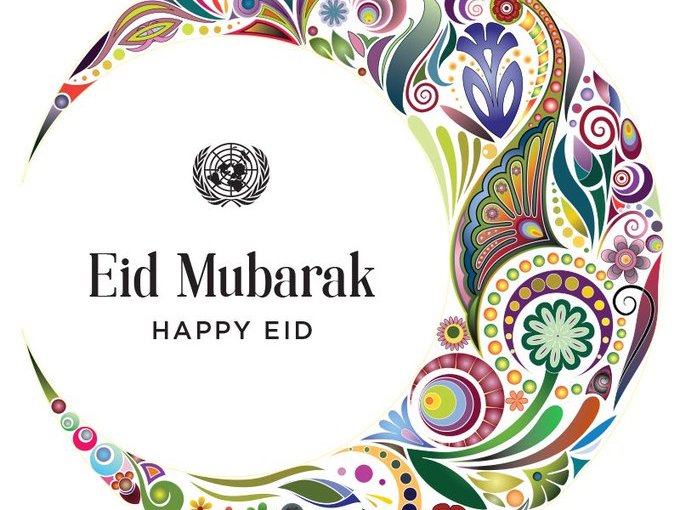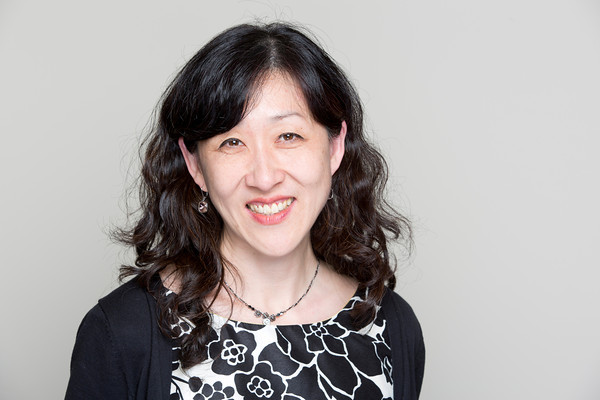#EidMubarak
It’s a time to celebrate #EidAlFitr as well as #WorldEnvironmentDay with loved ones, both celebrations are coinsiding on 5 June.
It’s an opportunity to recommit to values of gratitude and solidarity. At a time of complex challenges, e.g. conflicts, inequality, poverty and climate change. This year, we should buy only what we need to minimize air pollution and climate change. After all, the Quran tells us not only that we are the stewards of this Earth, but that we should not waste.
“Eat and drink: but waste not by excess, for Allah loveth not the wasters.” وَكُلُوا وَاشْرَبُوا وَلَا تُسْرِفُوا ۚ إِنَّهُ لَا يُحِبُّ الْمُسْرِفِين
This World Environment Day, let us all be faithful to the teachings of the Quran and do what we can to fight air pollution.
The people’s day
Above all, World Environment Day is the “people’s day” for doing something to take care of the Earth. That “something” can be local, national or global. It can be a solo action or involve a crowd. Everyone is free to choose.
👉 Grow trees 🌳
👉Aware 💡people about source of Air pollution.
👉Use public transport or car sharing, cycle or walk. 👉Switch to a hybrid or electric vehicle and request electric taxis.
👉Turn off the car engine when stationary.
👉Reduce your consumption of meat and dairy to help cut methane emissions. 👉Compost organic food items and recycle non-organic trash.
👉Switch to high-efficiency home heating systems and equipment.
👉Save energy: turn off lights and electronics when not in use .
👉Choose non-toxic paints and furnishings.
👉Use #EidMubarak #EidAlFitr #BeatAirPollution #WorldEnvironmentDay in your social media posts and don’t forget to tag @UNEnvironment and @saverango




You must be logged in to post a comment.